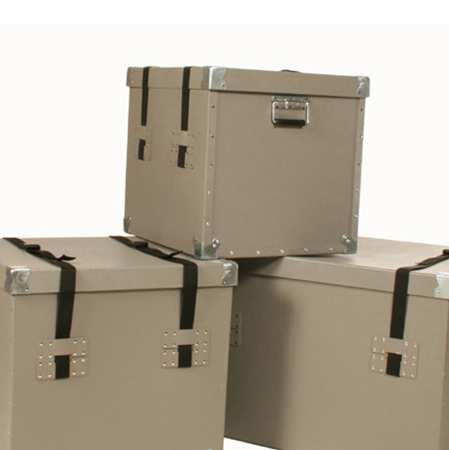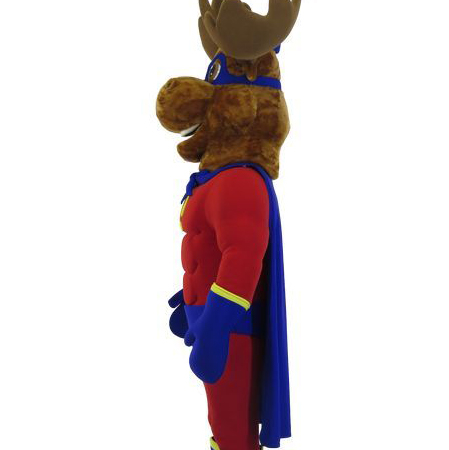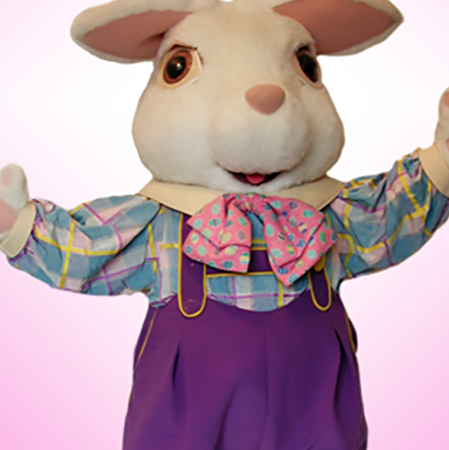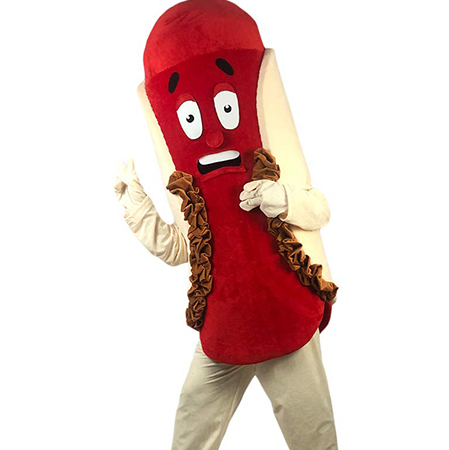Mascot costumes have transcended their traditional roles at sports events and corporate gatherings to find a vibrant new stage in the world of politics. These colorful, character-driven garments are no longer just fun attire; they have evolved into potent promotional tools that bring a unique personality to political campaigns. By adopting mascot costumes, politicians can create memorable, relatable images that resonate with voters on a more emotional level.
One of the key advantages of using mascot costumes in politics is their ability to humanize candidates. In an era where political discourse often feels distant and formal, a well-designed mascot can break the ice and establish a connection with voters. This approach is particularly effective in reaching younger demographics who might be less engaged by traditional political rhetoric. When a candidate dons a friendly, approachable mascot costume, it signals openness and accessibility, making the political message more digestible and appealing.

Moreover, mascot costumes offer a strategic advantage in creating a distinctive brand identity. Just as corporate logos and catchy slogans help businesses stand out, a unique mascot can set a politician apart from the competition. This visual differentiation is crucial in crowded political landscapes where many candidates vie for attention. A memorable mascot can become a symbol that voters easily recognize, helping to reinforce the candidate’s platform and key messages.
The use of mascot costumes also opens up creative avenues for campaign marketing. Political campaigns can leverage mascots in various ways, from appearances at public events and rallies to social media engagements and merchandise. A charismatic mascot can appear in videos, posters, and even virtual events, offering a versatile toolkit for campaign strategists. This multifaceted approach not only boosts visibility but also fosters a sense of community and enthusiasm among supporters.

In addition to their promotional benefits, mascot costumes can also serve educational purposes within political campaigns. For instance, mascots can be designed to embody specific policy areas or values, thereby simplifying complex issues for the electorate. An environmentally-themed mascot, for example, can effectively communicate a candidate’s commitment to sustainability and eco-friendly policies without the need for lengthy explanations. This visual storytelling can make political messages more compelling and easier to understand, bridging the gap between candidates and constituents.

It’s important to note that while mascot costumes can be powerful tools, their effectiveness hinges on authenticity and consistency. Voters can discern when a mascot feels forced or contrived, which can undermine the intended positive impact. Therefore, it’s crucial for political campaigns to develop mascots that genuinely reflect the candidate’s values and personality. When done right, these costumes can enhance a candidate’s image and endear them to a broader audience.
In conclusion, mascot costumes have proven themselves to be valuable assets in the realm of political promotion. By infusing personality into campaigns, humanizing candidates, creating distinct identities, and simplifying complex messages, mascot costumes offer a dynamic way to engage voters. As politics continues to evolve, it’s likely that we’ll see even more innovative uses of mascot costumes, further cementing their role as essential tools in the modern political landscape.

